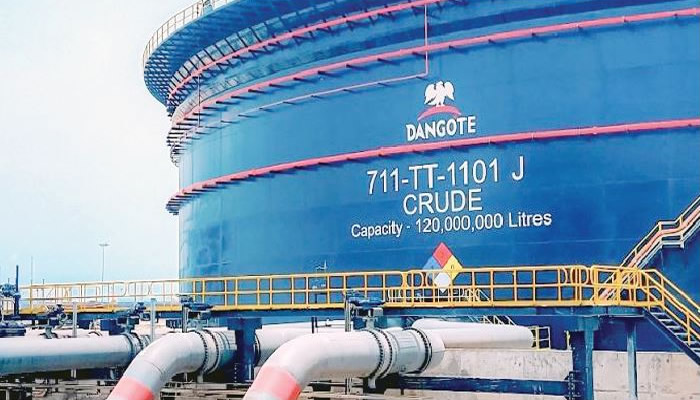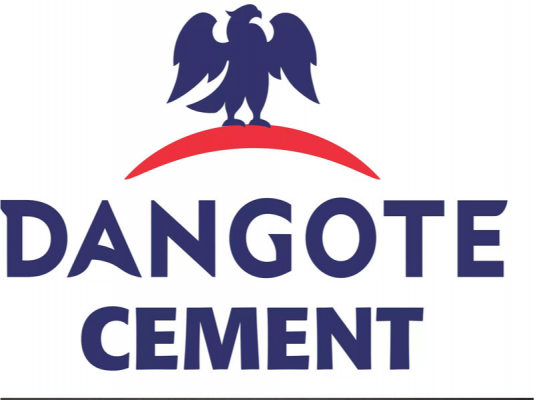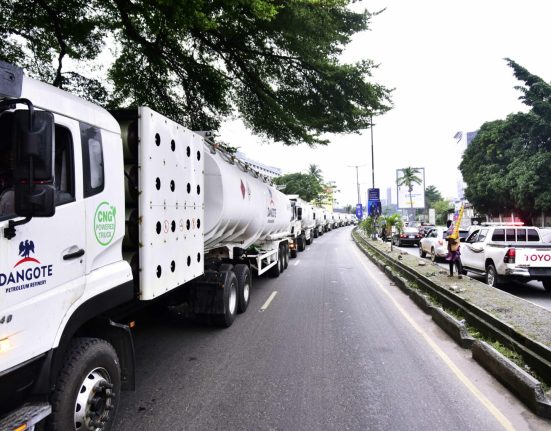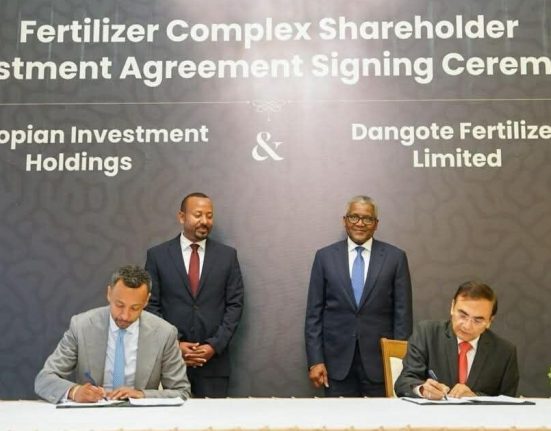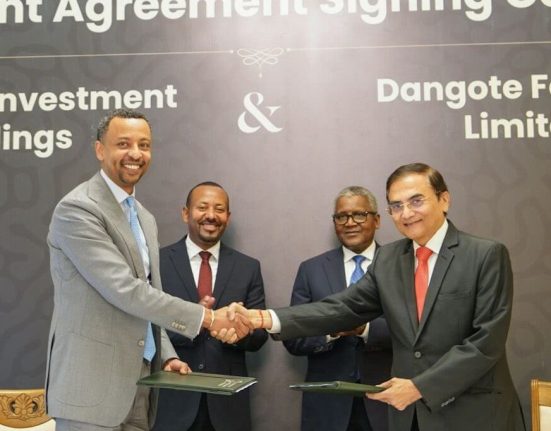Industry experts and fuel marketers are calling on the Dangote Petroleum Refinery to peg its petrol prices below ₦800 per litre in a bid to ease pressure on consumers and strengthen its position in Nigeria’s liberalized downstream market.
The call comes as Dangote Refinery, Africa’s largest single-train refinery with a production capacity of 650,000 barrels per day, recently reduced its ex-depot price from ₦825 to ₦815 per litre. This development has triggered a wave of competitive price adjustments across private depots and retail stations in Lagos and other major cities.
Fuel marketers argue that a further price cut to below ₦800 per litre would not only reflect the current import landing cost, which recently dropped to approximately ₦774.72 per litre, but also stabilize pump prices, many of which now hover between ₦820 and ₦839 per litre across the country.
Paul Alaje, Chief Economist at SPM Professionals, said the ongoing price war between Dangote Refinery and the Nigerian National Petroleum Company Limited (NNPC Ltd) could drive pump prices to as low as ₦650–₦800 per litre. He cautioned, however, that if competition weakens or one major player exits the market, prices could once again soar beyond ₦1,000 per litre.
“Competition is what’s keeping prices in check. As long as Dangote and NNPC Ltd continue to compete, Nigerians stand to benefit. But if monopoly creeps back in, we may lose that advantage,” Alaje warned.
Recent reports suggest that despite aggressive pricing, Dangote Refinery has incurred losses — reportedly ₦32.5 billion on a stock of 500 million litres — underscoring both the risks and commitment behind its pricing strategy.
Fuel consumers across Nigeria have expressed cautious optimism. Independent marketers, many of whom have begun lifting products directly from Dangote’s Ibeju-Lekki site, are hopeful that continued price adjustments will bring some relief to motorists already struggling under the weight of inflation and economic uncertainty.
Analysts also believe that the downward trend in global crude oil prices and a relatively stable exchange rate present a unique opportunity for Dangote to establish itself as a competitive alternative to imported fuel, particularly as Nigeria continues its transition from decades of subsidy-backed consumption to full deregulation.
However, there are lingering concerns about long-term market sustainability. Experts warn that if Dangote eventually becomes the sole domestic supplier, a lack of competition could result in price manipulation, similar to what occurred under previous import-dependent regimes.
For now, all eyes remain on how Dangote responds to market signals. A further reduction below the ₦800 threshold could not only solidify its dominance in the local market but also mark a significant win for Nigerian consumers navigating a tough economic landscape.

